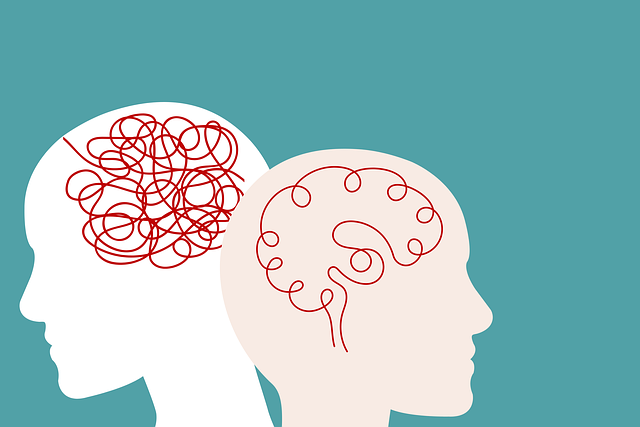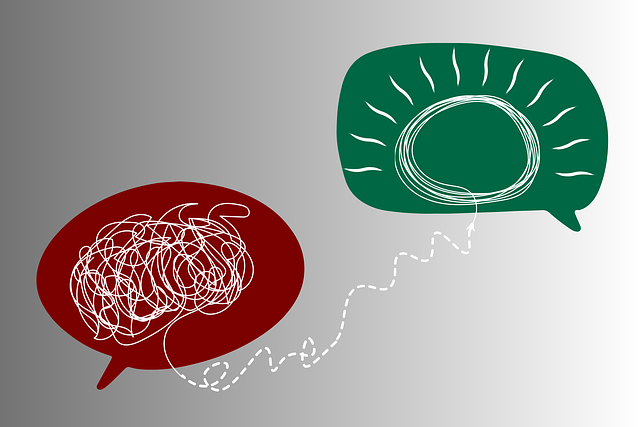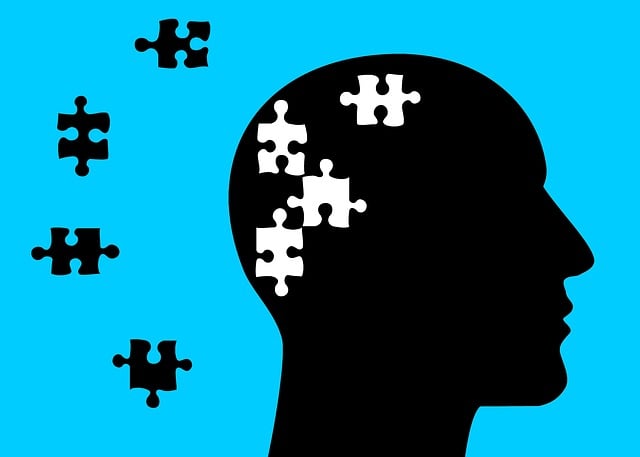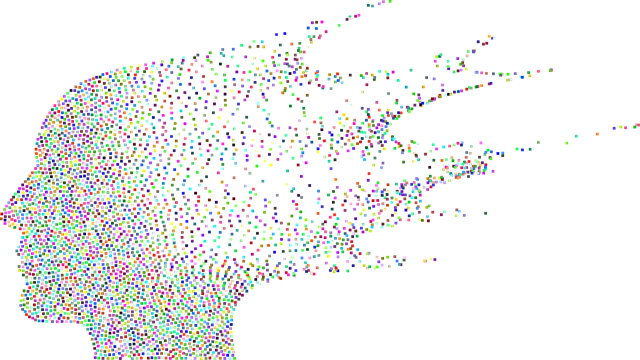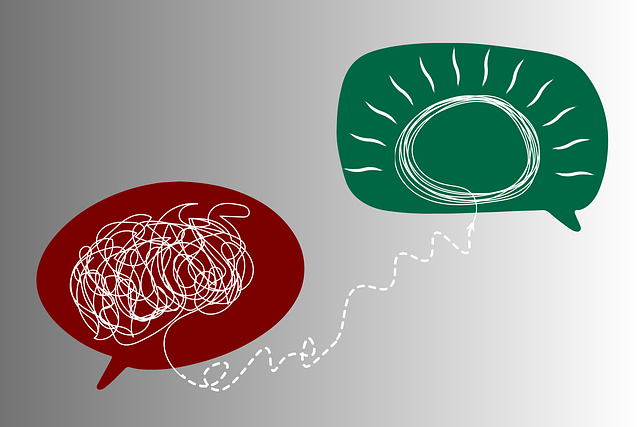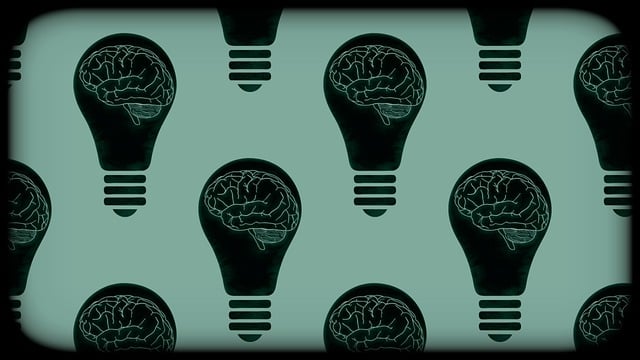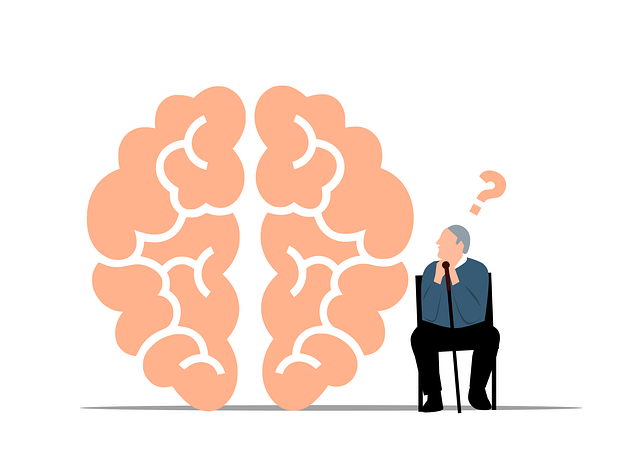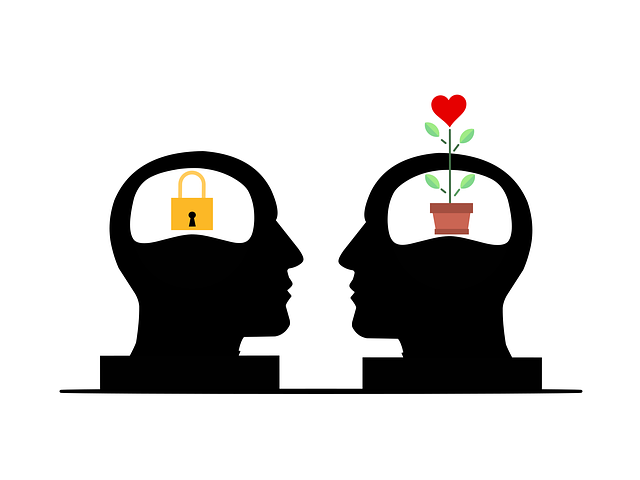Broomfield Geriatrics Therapy is an evidence-based approach prioritizing emotional intelligence (EI) development for older adults. Through self-awareness exercises, stress management tools, and stigma reduction, it empowers individuals to navigate emotions, foster connections, and improve holistic well-being. Using empathy, active listening, and mental health policy advocacy, this therapy enhances communication, builds trust, and promotes inclusive care. By focusing on self-discovery, decision-making, and relationships, Broomfield Geriatrics Therapy leads to improved emotional resilience and overall life satisfaction.
Emotional intelligence (EI) is a powerful tool for enhancing quality of life and fostering meaningful connections. The Broomfield Geriatrics Therapy Approach offers a unique perspective on building EI, focusing on holistic well-being. This article explores five key components of emotional intelligence development, drawing from the Broomfield methodology: understanding emotions, managing them effectively, cultivating empathy, increasing self-awareness, and enhancing social skills through compassion. By integrating these practices into daily life, individuals can experience profound personal growth and strengthen interpersonal relationships.
- Understanding Emotional Intelligence: The Broomfield Geriatrics Therapy Approach
- Identifying and Managing Emotions: Tools for Daily Life
- Empathy and Active Listening: Building Strong Connections
- Self-Awareness: Unlocking Personal Growth Potential
- Enhancing Social Skills: Navigating Relationships with Compassion
Understanding Emotional Intelligence: The Broomfield Geriatrics Therapy Approach

Emotional intelligence (EI) is a complex skill set that involves recognizing and managing one’s own emotions, as well as understanding and empathizing with others’ feelings. The Broomfield Geriatrics Therapy Approach offers a unique perspective on developing EI, particularly relevant to older adults. This method emphasizes the importance of self-awareness and self-regulation as foundational components of emotional intelligence. By encouraging individuals to explore their emotions and understand their triggers, this approach fosters a deeper connection with oneself and others.
The Broomfield Geriatrics Therapy encourages active participation in public awareness campaigns aimed at mental illness stigma reduction efforts. Through these initiatives, individuals can develop increased confidence and a sense of belonging. The therapy also incorporates practical strategies for coping with stress and managing difficult emotions, which are essential for maintaining emotional balance throughout life’s challenges. This holistic approach ensures that clients not only gain a deeper understanding of their emotions but also learn to use this knowledge to enhance their overall well-being.
Identifying and Managing Emotions: Tools for Daily Life

Identifying and managing emotions is a crucial aspect of emotional intelligence development, and it’s an essential tool for everyone, from students to professionals and geriatric populations. Broomfield Geriatrics Therapy offers valuable insights into this process, emphasizing that recognizing one’s own feelings and those of others is the first step towards enhancing social skills and building stronger relationships. This self-awareness fosters effective communication, enabling individuals to express their emotions healthily and constructively.
Through various techniques, such as mindfulness practices and cognitive behavioral therapy, Broomfield Geriatrics Therapy guides individuals in understanding triggers for emotional responses. This knowledge equips them with stress reduction methods, enhancing mental wellness and overall resilience. By learning to manage intense emotions, one can improve their ability to navigate challenging situations, maintain calm under pressure, and build a more balanced and fulfilling life.
Empathy and Active Listening: Building Strong Connections

Empathy and active listening are cornerstones for building strong connections, a key aspect of Broomfield Geriatrics Therapy’s approach to mental health care. These skills allow therapists to understand clients’ perspectives, validate their feelings, and foster an environment of trust and support. By practicing empathy, therapists can connect with clients on a deeper level, encouraging open communication and enhancing the therapeutic process.
Active listening involves not just hearing but truly comprehending what the client is saying—and not just verbally. Non-verbal cues and emotional responses play equally important roles in conveying understanding and attentiveness. This approach not only improves client satisfaction but also can be a game-changer in Trauma Support Services, where establishing trust and security is crucial for recovery. Moreover, cultivating empathy and active listening skills aligns with the broader goals of Mental Health Policy Analysis and Advocacy by promoting inclusive care that respects and values each individual’s unique experiences and emotions.
Self-Awareness: Unlocking Personal Growth Potential

Self-awareness is a cornerstone of emotional intelligence and a key aspect that Broomfield Geriatrics Therapy focuses on in their approach to patient care. By recognizing and understanding one’s emotions, thoughts, and behaviors, individuals can unlock vast potential for personal growth and transformation. This journey of self-discovery allows people to identify their strengths and weaknesses, leading to more effective decision-making and improved relationships with others.
Developing self-awareness fosters a deeper connection with oneself, enabling individuals to navigate life’s challenges with greater resilience and adaptability. It empowers them to recognize when they are off-balance emotionally and take proactive steps to realign their mind and body. This, in turn, can enhance overall well-being and contribute to the success of public awareness campaigns aimed at promoting Self-Esteem Improvement and Mind Over Matter Principles.
Enhancing Social Skills: Navigating Relationships with Compassion

Emotional intelligence (EI) is a cornerstone for fostering meaningful connections and navigating relationships with others. One key aspect of developing EI is enhancing social skills, which are crucial in every facet of life, including healthcare settings. At Broomfield Geriatrics Therapy, we emphasize the importance of compassion as a powerful tool for improving social interactions. Compassion cultivation practices encourage individuals to develop empathy and understanding, leading to stronger bonds between patients, families, and healthcare providers.
By integrating these practices into healthcare provider cultural competency training and mental health education programs design, we can create environments that promote nurturing communication. This, in turn, improves patient satisfaction, facilitates better care coordination, and strengthens the overall therapeutic process. The ability to connect with others on an emotional level is a game-changer in healthcare, ensuring that every patient feels heard, respected, and valued.
Emotional intelligence is a powerful tool for personal growth and enhanced relationships, as demonstrated by the comprehensive approach of the Broomfield Geriatrics Therapy. By understanding and managing emotions, practicing empathy and active listening, cultivating self-awareness, and refining social skills, individuals can navigate life’s challenges with greater compassion. Incorporating these strategies into daily routines enables folks to foster deeper connections, promote well-being, and revolutionize their interactions in today’s world.
